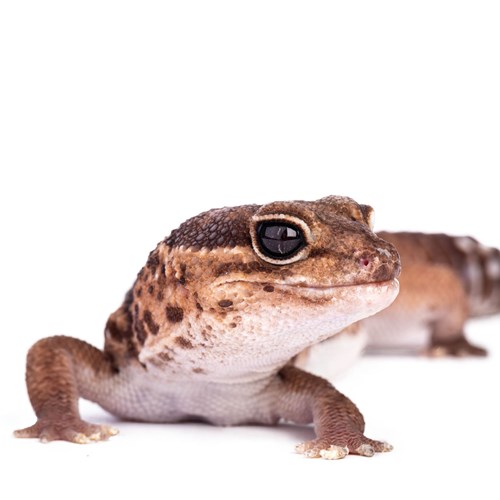
Key Information
CPD Hours: 18 hours
Course Length: Six weeks
Course Format: An intensive tutor-moderated online learning experience. Resources include online presentations, electronic course notes, videos, supplementary reading material and discussion forums with colleagues and the tutors
Enrol Now
This course may run again in the future. To register your interest please contact us.
Alternatively you can download and email using our Registration Form
Course Information
- Basic husbandry and handling of parrots and other birds
- Basic husbandry and handling of reptile species
- Nursing and inpatient care of avian species
- Nursing and inpatient care of reptile species
- Triage, anaesthesia and critical care of avian species
- Triage, anaesthesia and critical care of reptile species
The demand for reptile and avian species veterinary care is on the increase – how confident are you nursing these unique animals?
The course will cover all aspects of nursing both reptile and avian species in practice. It will be split into three weeks dedicated to reptiles and three weeks dedicated to birds. It will take us back to basics as so often husbandry and handling of these animals plays a huge role in their care. Often inappropriate husbandry and diet in these species leads to veterinary presentations, so understanding this will be a huge step in improving your nursing of them and a great way to improve their welfare.
You will also learn about aspects of inpatient care and how to effectively house these animals in a ward. Triage of these species will be discussed as well as critical care and anaesthesia which is often slightly different to our usual canine and feline patients.
Why do this course?
This course will help any veterinary nurse or staff member who is likely to see avian or reptile species in practice. It will give you the tools to be able to give advice on husbandry and care of these animals to owners and you will learn all the relevant care needed to deal with these animals in general veterinary practice.
Kelly Deane, FdSc CertVNES PGCertVetEd FHEA RVN
Teaching fellow for Veterinary Nursing, RVC
The Royal Veterinary College
Abigail Edis, FdSc CertVNES CC RVN
Exotics Service Lead Veterinary Nurse, RVC
The Royal Veterinary College
Relevant CPD courses you may find of interest
Understanding rabbit and rodent dental disease for veterinary nurses
Anaesthesia and analgesia for veterinary nurses online
Emergency and critical care nursing online
Webinar Plus: Supporting animals and caregivers with end-of-life care
Webinar Plus: Supporting students in practice – diving deeper into clinical coaching and mentoring
Webinar Plus: Master how to thrive (not just survive) in veterinary practice
Webinar Plus: Clinical governance - quality improvement and fostering a supportive practice culture
Webinar Plus: Anthrozoology for veterinary professionals
Webinar Plus: A coaching approach to line management and leadership in the veterinary workplace

